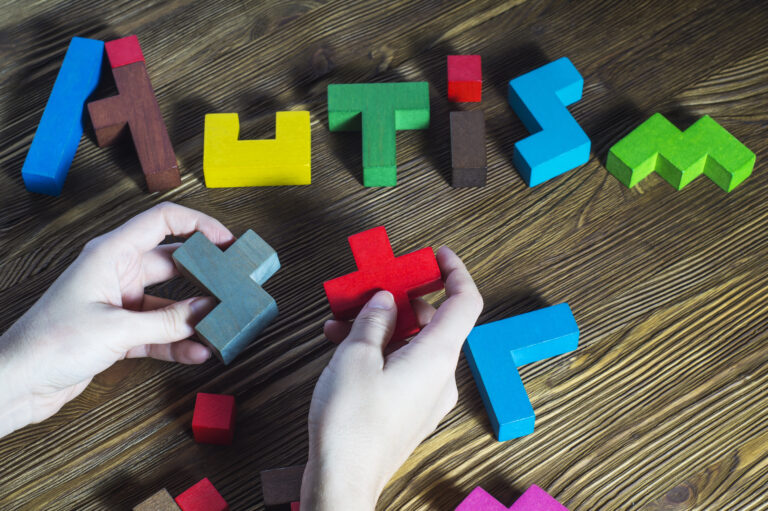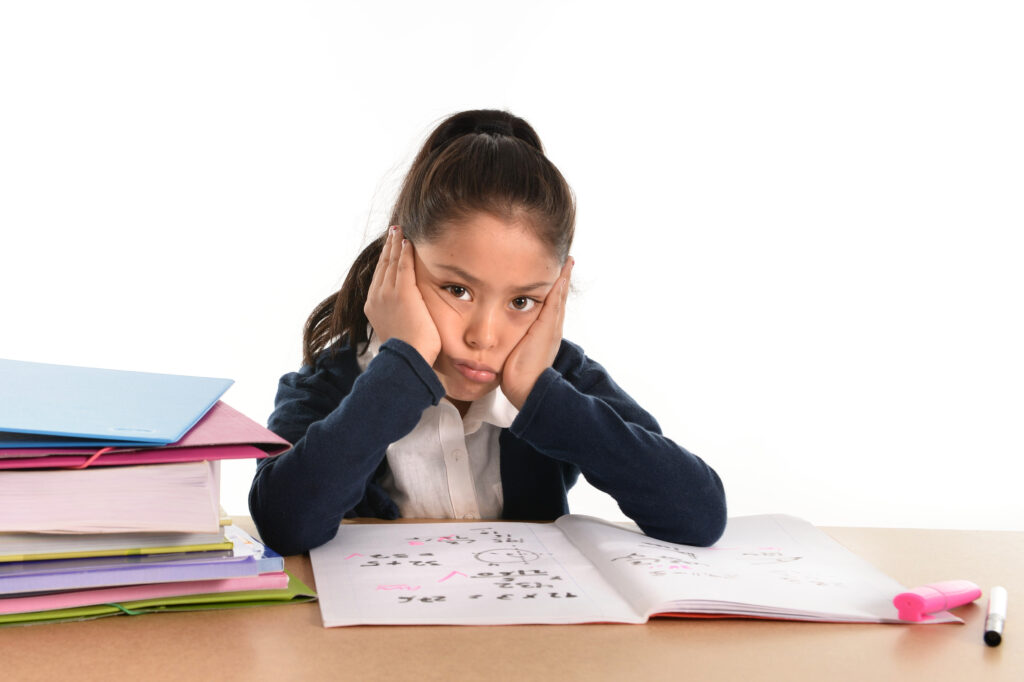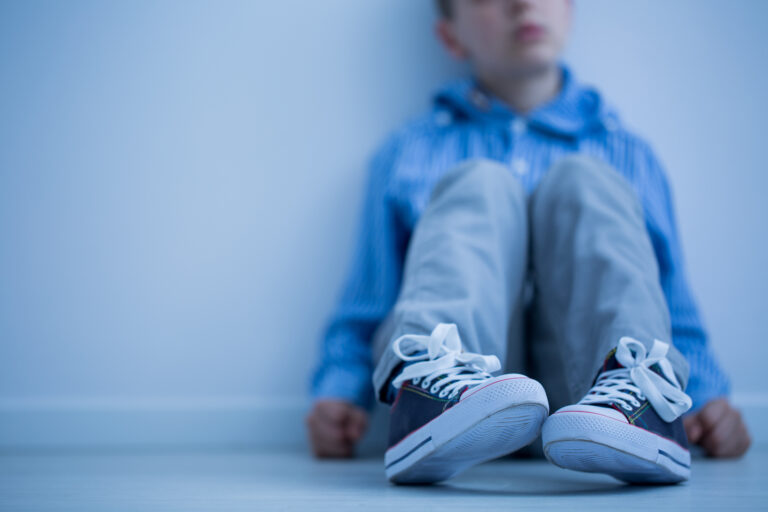
Autism in Children, Local and Online Resources
If you and your family need help to learn more about autism, there are resources available to you.
If you are the parent of a child with ADHD, it’s important to understand how the disorder affects their behavior and the local resources you can turn to.

Attention deficit and hyperactivity disorder, or ADHD, makes it difficult for children to pay attention, but it can also cause impulsive behavior and hyperactivity. ADHD is becoming increasingly common among Latino children. According to a Kaiser Permanente study, the diagnosis of ADHD in Latino children increased by 60% between 2001 and 2010.
Millions of children in the U.S. have ADHD. It’s now one of the most common neurodevelopmental disorders in kids.
If you’re the parent of a child with ADHD, it’s important to understand how the disorder affects their behavior and the local resources you can turn to.
How ADHD Affects Children
ADHD affects children in many ways. Symptoms usually start before age 12, and they can be either mild, moderate, or severe. Some kids will outgrow ADHD, but others will continue battling ADHD as adults.
According to Mayo Clinic, there are three types of ADHD:
The symptoms of each type vary and are very different from one another.
Inattentiveness
Impulsive Behavior and Hyperactivity
Many parents look at these lists of symptoms and assume their kids have ADHD when they may not. Most kids are hyperactive, inattentive, or impulsive from time to time. Young, healthy kids are naturally energetic, and it’s not always easy to tire them out.
But if you think that your child may have ADHD, it’s important to get a formal diagnosis. Fortunately, there are quite a few organizations in Los Angeles that can help you through this process and provide support to kids with ADHD.
Local Resources
CHADD
A leading non-profit that has chapters throughout the Los Angeles area, including:
CHADD helps parents and children connect with local support groups and other resources.
American Academy for Child and Adolescent Psychiatry
The academy offers information for families and medical professionals, and guidelines for treating and diagnosing ADHD.
American Psychological Association
Along with information about ADHD, the American Psychiatric Association can also help you find a local psychologist.
American Psychiatric Association
The American Psychiatric Association provides in-depth information about ADHD, associated mental health issues, and help connecting with a local psychiatrist.
These organizations can help you get the support you need, but you can also learn a lot about ADHD, including how to manage the disorder.
You can also find more trusted local services in your community at www.boyleheighstresources.org or download the Boyle Heights Resources app.

If you and your family need help to learn more about autism, there are resources available to you.

Asperger’s is an outdated term for diagnosis on the autism spectrum. Doctors no longer call it Asperger’s. As of 2013, it’s now a part of the umbrella diagnosis of ASD, or Autism Spectrum Disorder.